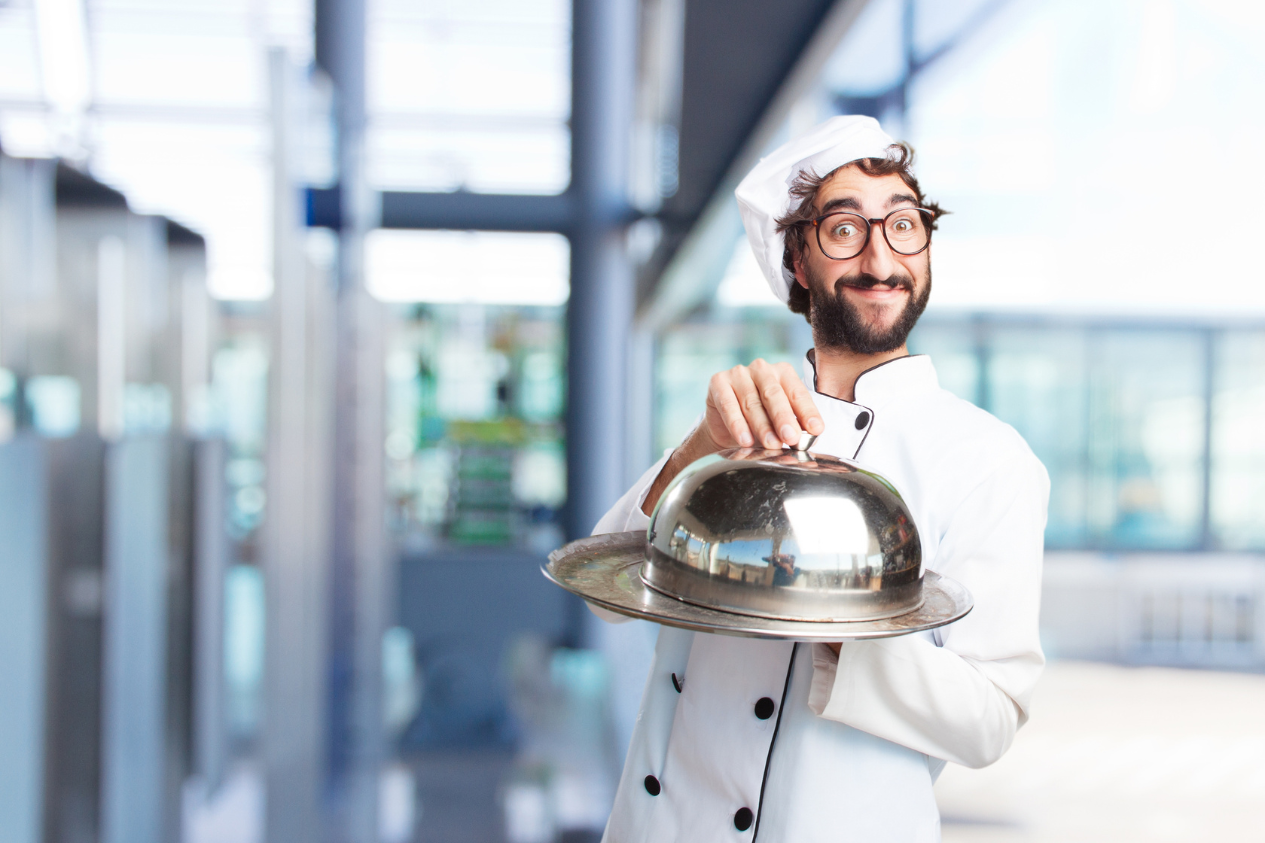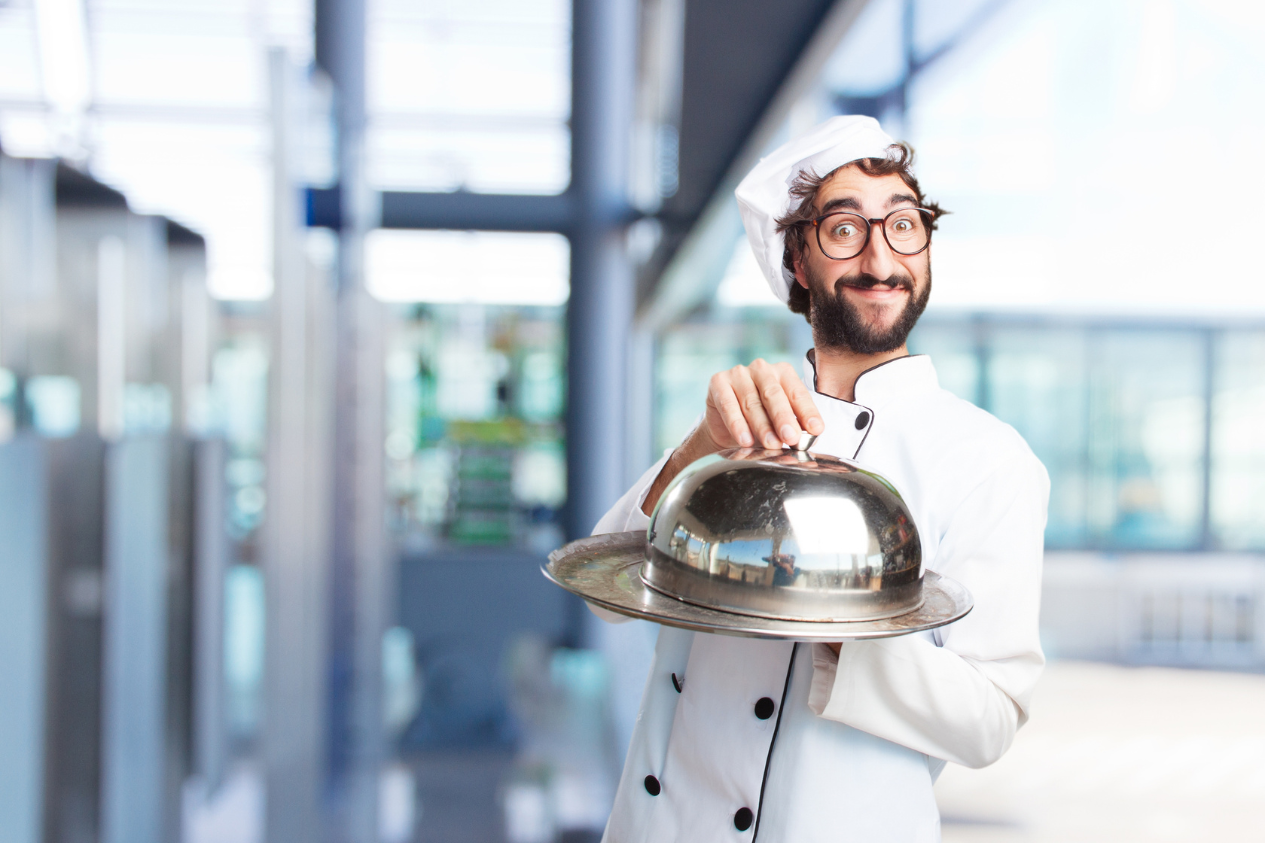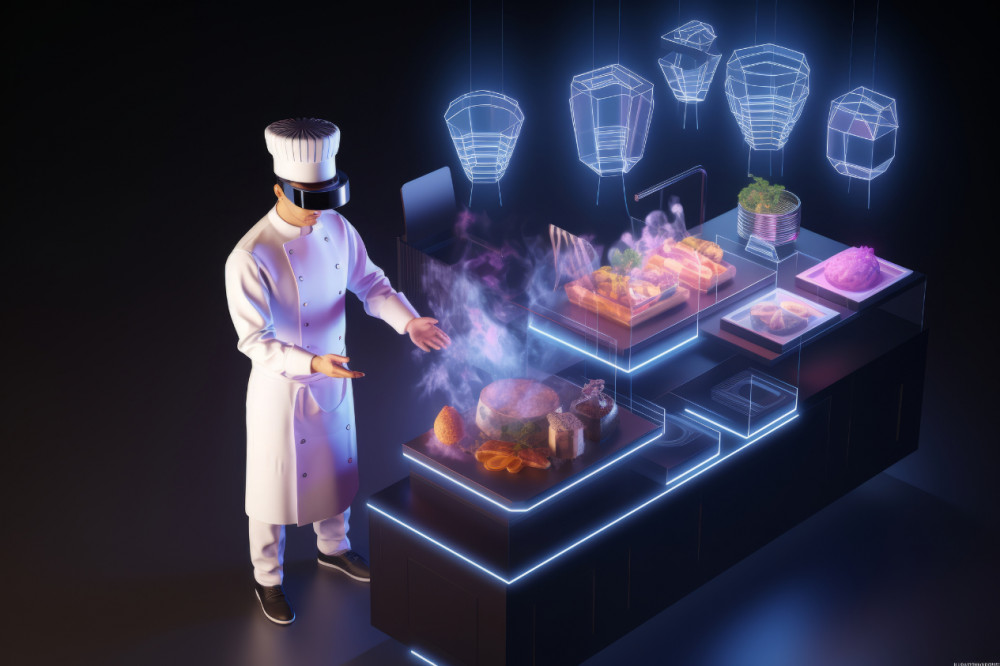
October 2025 Hospitality Talent Trends: What Chefs & Hotels Are Looking For

The hospitality industry has entered a transformative phase — one where experience, adaptability, and creativity are valued as much as technical expertise. As 2025 comes to a close, hotels and restaurants are reevaluating their hiring, training, and talent retention strategies. The focus is clear: people are the new differentiator in a market defined by technology, sustainability, and storytelling.
Here’s what’s shaping the talent landscape this season — and what chefs, hoteliers, and recruiters are really looking for.
1. Hybrid Skills as the New Currency
Those days — when the chef’s role ended at the kitchen door or the front-office manager focused only on guest check-in — are long gone. As we enter 2025, hybrid skills — where culinary craft, digital fluency, and people management meet — are essential.
Chefs will now be expected to understand menu analytics, social media trends, and food cost engineering software. Equally, hotel employees will embrace learning about content and customer experience mapping. Talent recruiters (and those who interview for hospitality positions) confirm that the candidates they most want to fill positions can move from operational execution to strategic thinking.
Hybrid skills in demand are:
- Data-informed menu engineering and inventory controls
- Personalisation of the guest journey utilising CRM tools
- Literate on sustainability and carbon reporting
- Cross-cultural communication and leadership
The 21st-century hospitality workforce is increasingly not just serving food and rooms, but designing experiences that satisfy both profit and purpose.
2. Sustainability And Local Sourcing Are Key Factors In Hiring
Hotels and restaurants are increasingly held accountable not only for the quality of their service but also for their environmental and social impact. It is increasingly apparent that talent with competencies in sustainable sourcing, waste reduction, and ethical procurement is becoming sought after.
Sustainability-minded chefs with ideas for zero-waste kitchens and relationships with farmers are drawing attention. Some luxury hotels are hiring “Sustainability Ambassadors” to help assess their business practices and connect the kitchen, housekeeping, and supply chain departments around sustainable initiatives.
The 2025 equity lens: Will this person help us tell a responsible story? That lens is becoming the norm in hiring across hospitality brands. Job descriptions increasingly identify sustainability and related Key Performance Indicators — to help us reduce plate waste, track our carbon footprint, or help teams implement and endorse green practices.
3. Emotional Intelligence Trumps Experience
Hospitality has always been a people-first business, but 2025 will drive that to a deeper level. Emotional intelligence (EQ) is now the most important factor to consider when selecting employees in hotels and restaurants.
With guests expecting personalisation and empathy for every interaction, leaders are hiring on attitude and training on skill. A young sous chef with resilience, composure and curiosity is more valuable than a seasoned line cook who cannot adapt.
Recruiters report that the most successful candidates are those who can manage teams across generations and cultural barriers, taking into account the human aspect of service.
Soft skills will drive success going forward:
- Adapting to change in stressful situations
- Resolving conflict and collaborating
- Mentoring across differences
- Listening and showing empathy
Hospitality, after all, isn't about service anymore. It is about person-to-person connection at scale.
4. Culinary Innovation with Commercial Awareness
Innovation is still at the core of hospitality; however, creativity executed without commercial awareness will simply not work. By 2025, chefs will be expected to blend artistry and analytics — design menus that are creative but operationally sound.
Hotels are hiring chefs who have an understanding of:
- Menu engineering (profit margin analysis for each meal)
- Ingredient seasonality based on the local supply chain
- Guest preference tracking through the utilisation of data tools
- Dynamic pricing for banquets and events
The objective is to create “smart creativity” – meals that taste amazing, look great on social media, and create a consistent profit margin.
Culinary leaders are also leaning into hyperlocal narratives – paying homage to established, iconic recipes and ingredients while transitioning towards a modern, sustainable evolution of those regional ingredients. Hiring panels are increasingly emphasising the importance of chefs being able to explain not just how they might cook…but also, importantly, why they cook a certain way.
5. Technology fluency becomes non-negotiable
The acceleration of technology in hospitality following COVID-19 has not lost momentum. Technology drives most guest-facing interactions; AI reservation systems, robotic kitchen equipment, and digital concierge apps are the norm.
Thus, fluency in technology has become a core expectation of hospitality staff. Hotels are gravitating towards candidates who feel at ease using property management systems (PMS), AI chat interfaces, and data dashboards. Automated and precision-advanced kitchen appliances require chefs to employ smart devices, IoT sensors, and even augmented-reality components to train their staff.
Some emerging must-haves for 2025 employees are:
- Background in personalised guest experiences using AI
- Comfort with digital inventory and purchasing systems
- Ability to train teams utilising VR/AR simulations
- Understanding of data privacy and cybersecurity principles.
Those who can merge authentic hospitality warmth with digital hospitality efficiency are leading the wave of future hospitality talent.
The Human Element Returns Stronger
Even with all the changes in technology and structure, hospitality is fundamentally human. In the industry, the most respected executives in October 2025 will be the ones who can combine empathy with skill, imagination with commerciality, and innovation with integrity.
The industry isn't so much hiring for skills as it is for soul. Because, in a world of smart kitchens and AI check-in, true luxury is still a human connection. Follow Foodism Connect for more such information.
Related Blogs

Festival Hospitality: What Food Events Teach About Guest Management & Staffing
110 Views

Little Guests, Big Smiles: How Hotels Design Family-Friendly Experiences
115 Views

Regional Cuisines, Local Talent: How Culinary Diversity Shapes Hospitality
180 Views

AI in Kitchens & Hotels: What the Forum Revealed About Tech Skills in Hospitalit
187 Views

Contingency Planning for Festival Staff Shortages: Essential Tips
136 Views